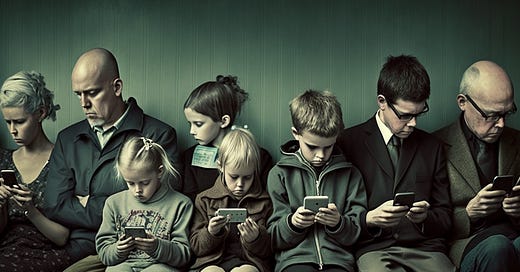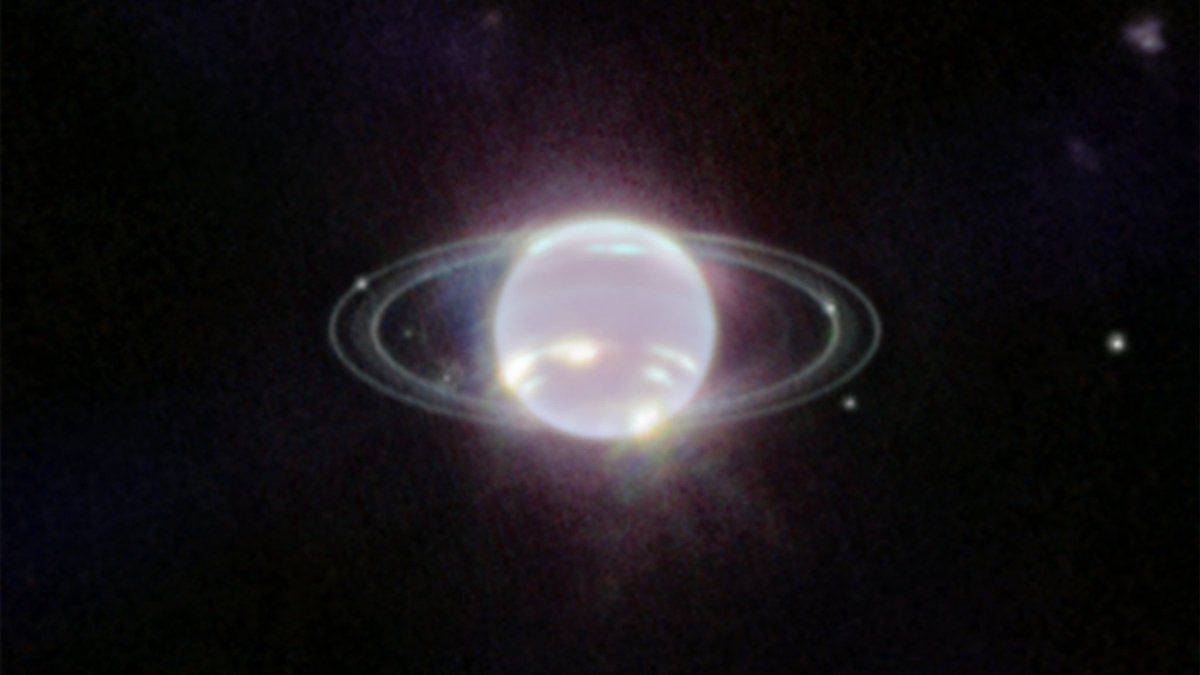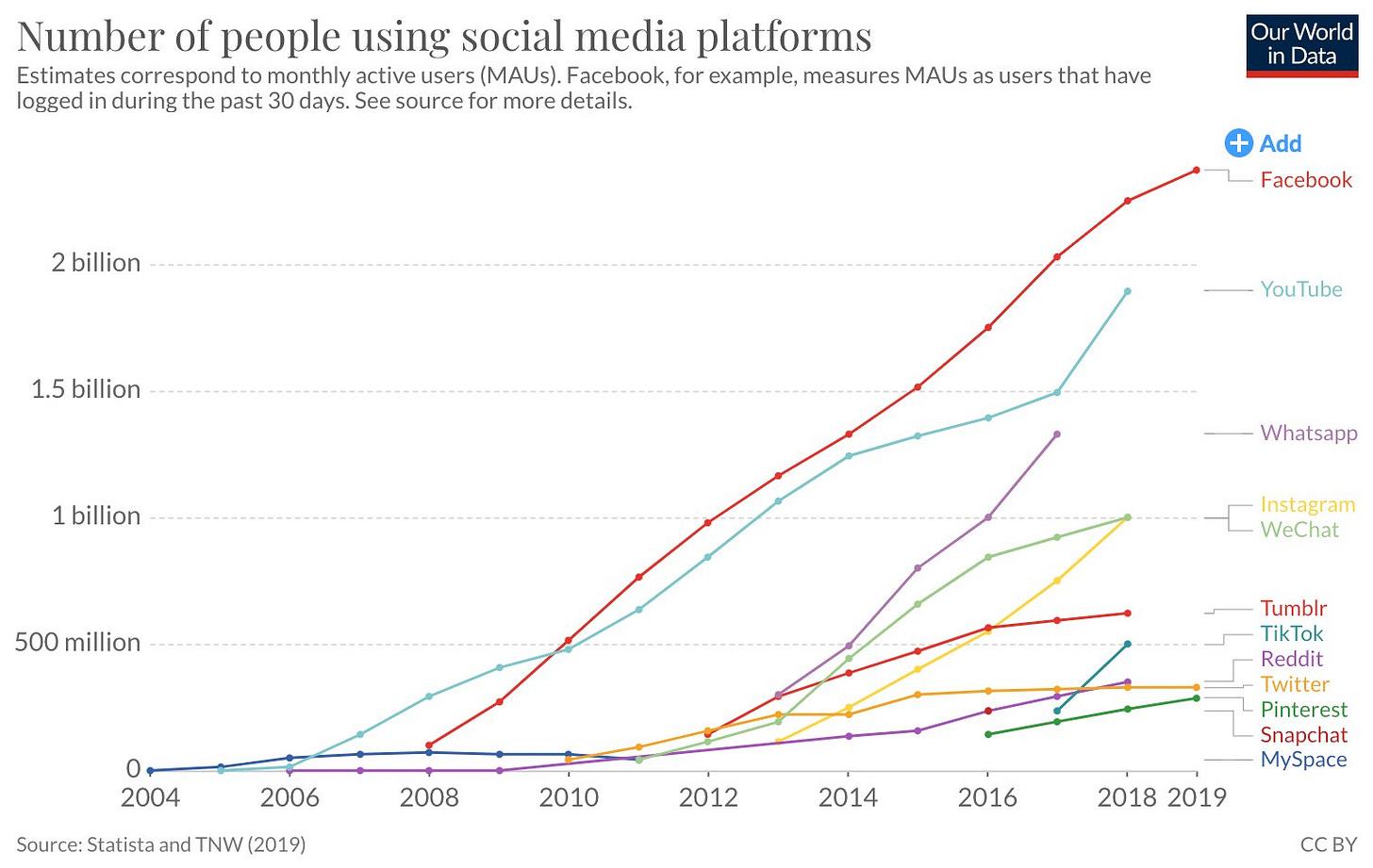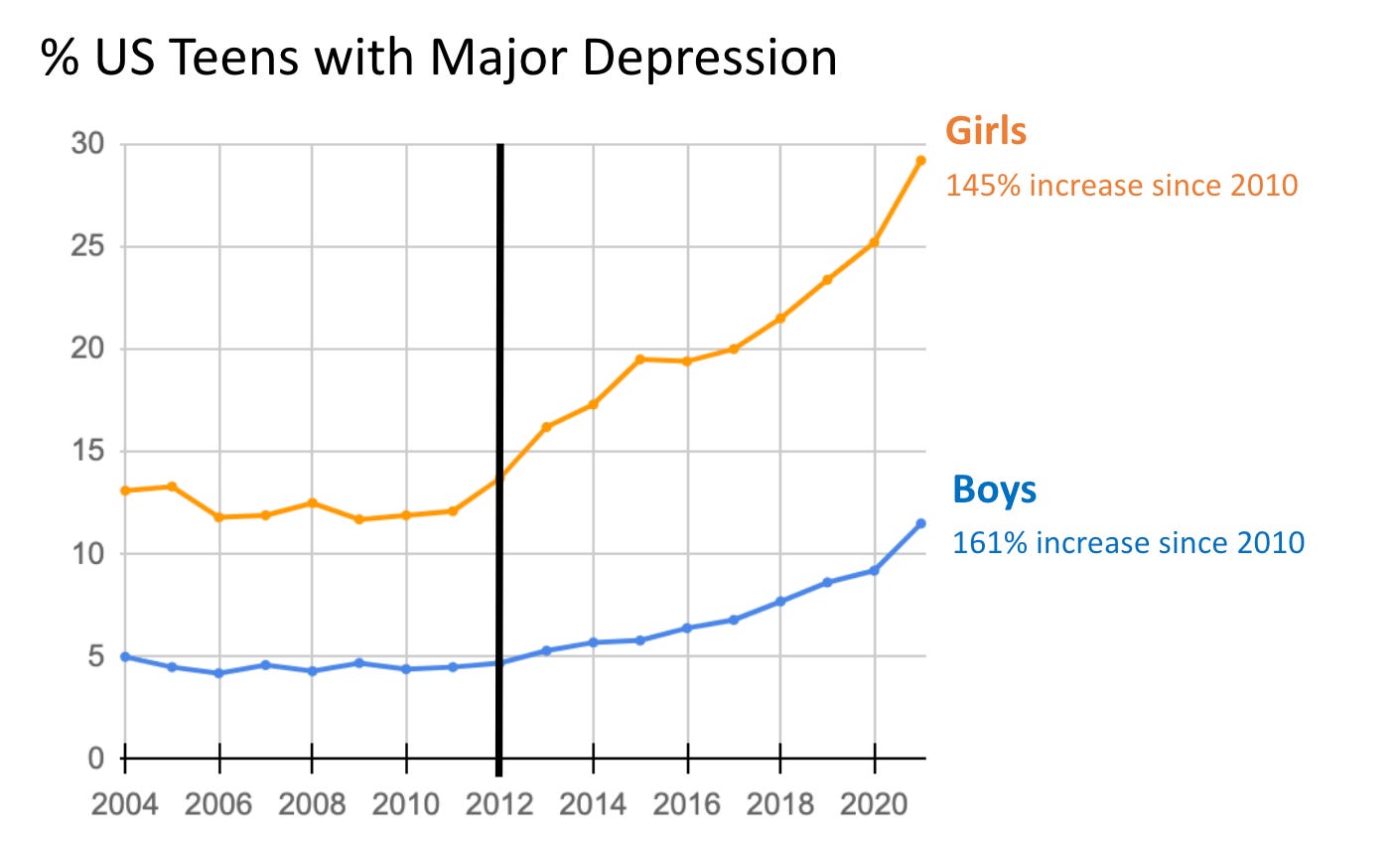Does Neptune “rule” Pisces? This is one of those questions that can spark furious debate among astrologers, and lord knows we don’t need more of that right now (wink, wink). But I think it would be fair to say that a large majority of astrologers, whether or not they use the word “rule” in connection with the outer planets and the signs, would agree that Neptune has a strong affinity with Pisces, and that there’s a sizeable thematic overlap between what they symbolise.
Both Neptune and Pisces have a lot to do with the world beyond. That ocean of consciousness from which mystics say we emerge and eventually return. With Neptune in Pisces we would expect Neptune to find strength through sympathy, and for those things Neptune signifies to become more evident in the world. Among Neptune’s significations are illusion, delusion, the imagination, illness and addiction. There is more to Neptune, of course, but these are meanings that fall squarely within its sphere.
Neptune moved into Pisces on April 4, 2011 and made its final ingress into the sign on February 3, 2012. Lo and behold, this period coincides incredibly well with the explosion of social media networks, addiction to smartphones and, more troublingly, an epidemic of mental health problems among young people. In this piece I’m going to lay out these striking correlations.
Here’s a chart from Our World In Data showing global numbers of people using social media platforms. Give it a good look:
While there were social networks around before 2011, there’s a very noticeable uptick in their popularity after that time, particularly those popular with younger cohorts. By proxy, what we’re seeing here is a surge in addiction: to the smartphone, and to the illusory images we’re bombarded with on social networks.
Remember, social networks are literally designed to be addictive, using the same design thinking as that found in casinos. The “bottomless feed” is designed to keep us scrolling ad infinitum. The “pull to refresh” motion—also seen in slot machines—takes advantage of the dopamine stimulus we get from uncertain rewards, from pulling a lever in the hopes of getting a cookie. When we use social networks, we’re pulled into an addicting world of instant connection, a technology-driven corruption of the ocean of consciousness both Pisces and Neptune are said to represent.
There are serious consequences to these addictions. NYU psychologist Jonathan Haidt recently claimed there’s an epidemic of mental illness among American youth—and it began in 2012:


Haidt argues that huge numbers of American teens are reporting serious depression, and that this can’t be explained solely by a modern willingness to talk more openly about mental health problems. This chart from his piece is truly striking:
Again, note the uptick around 2011-12, when Neptune entered Pisces, and the likes of Instagram and Tumblr really got rolling. Mental health issues are classic Neptunian significations. All this points to the conclusion that we are indeed living in deeply Neptunian times: an age of addiction, illusion, and mental health challenges driven by technology.
Grounds for hope?
While it goes without saying that this is depressing stuff, it does at least offer some hope. If our addiction to social media, and everything that comes with it, is signified by Neptune in Pisces, this could suggest that things will change when Neptune leaves Pisces for Aries in 2025-26.
But how? One possibility I’ve talked about many times is that we’re poised to move towards decentralised open-source social networks. Given that these networks will develop collaboratively, we’re likely to see different design choices to those made by for-profit corporations. It’s in Facebook’s interest to keep you addicted to its app. But will the same be true for the social networks of the future?
If you’re interested in the future shape of the web, I recently explored the possibilities in this video with @sadalsvvd, writer of
:We find ourselves today at the dawn of an Age of Air, an era that will be defined by the rapid flow of information and the technology that facilitates it. What’s clear is that we haven’t yet figured out how to adopt healthy relationships to this technology. But perhaps we will.
The Age of Earth, broadly the 19th and 20th centuries, began in similarly unhealthy fashion. In the early 19th century, the industrial revolution turned the cities of England—the first country to industrialise—into poisonous places.
Here's a quote from "The Transformation of the World: A Global History of the 19th Century" by Jürgen Osterhammel:
At first the age of modernity was an unhealthy one. In the first five or six decades of the nineteenth century, industrialization meant poverty, hardship, cultural decline and reduced physical well-being for the working population of the English cities. The country paid a price for having begun to industrialize before modern sanitary principles were understood and solutions attempted.
In other words, it took time for us to learn to adopt healthier relationships to the tools of industry. Of course, we never fully learned those lessons, but cities generally did become less toxic places as the Age of Earth went on. My hope is that, as bleak as things may seem for parents of children navigating these treacherous, illusory waters, we may eventually achieve something similar with information technology.
Thanks for reading! Want to get a better idea of how the coming years look for you? I use modern and traditional astrological techniques to give my clients insight about their past, present and future, and help them find purpose and peace of mind in this turbulent world. My books are currently open.








Well written and able to captivate audiences with vast beliefs! I believe things are changing, beautiful things to come in the future. Thank you for sharing:)
Love all of your articles and your collaborations